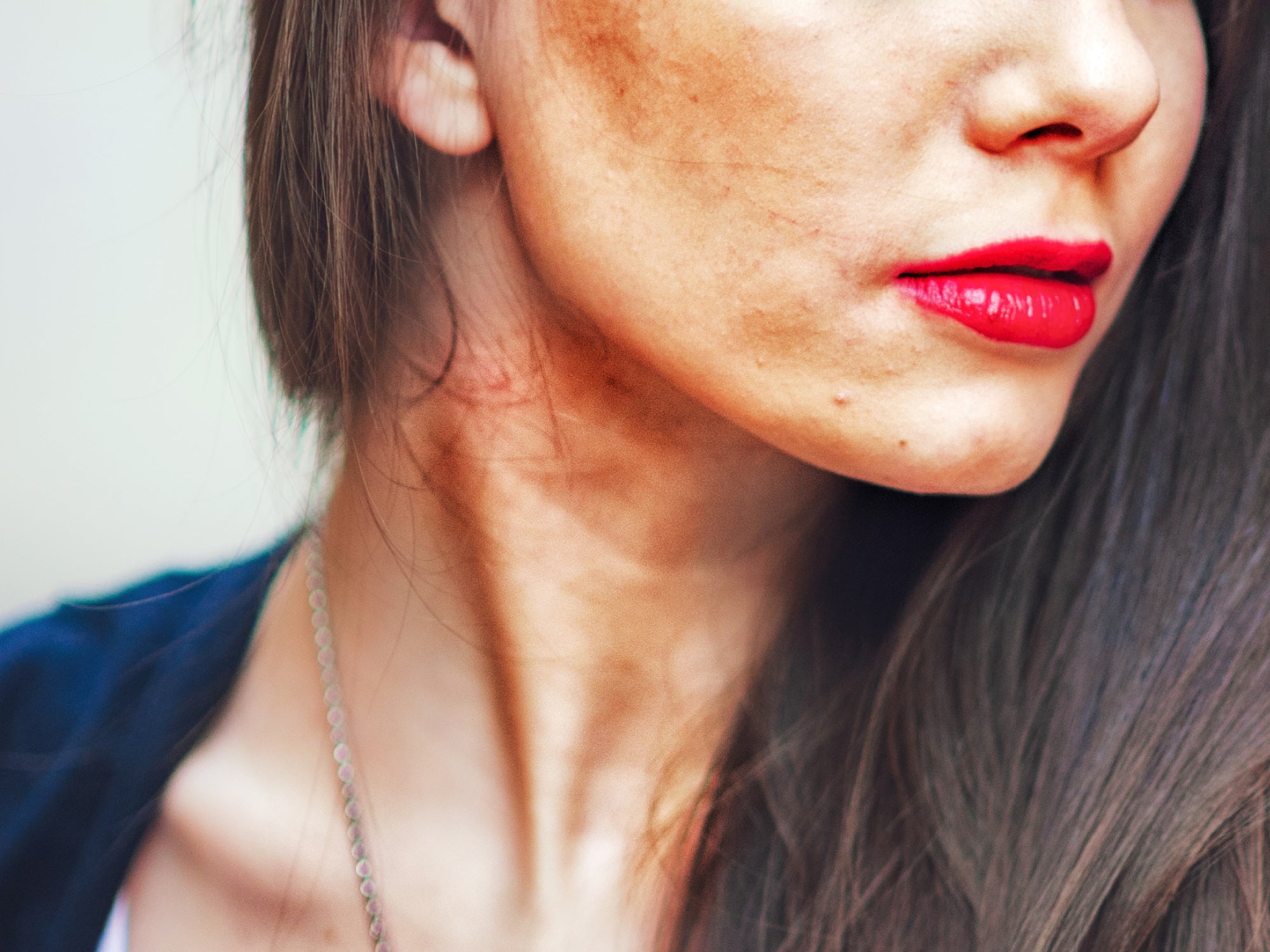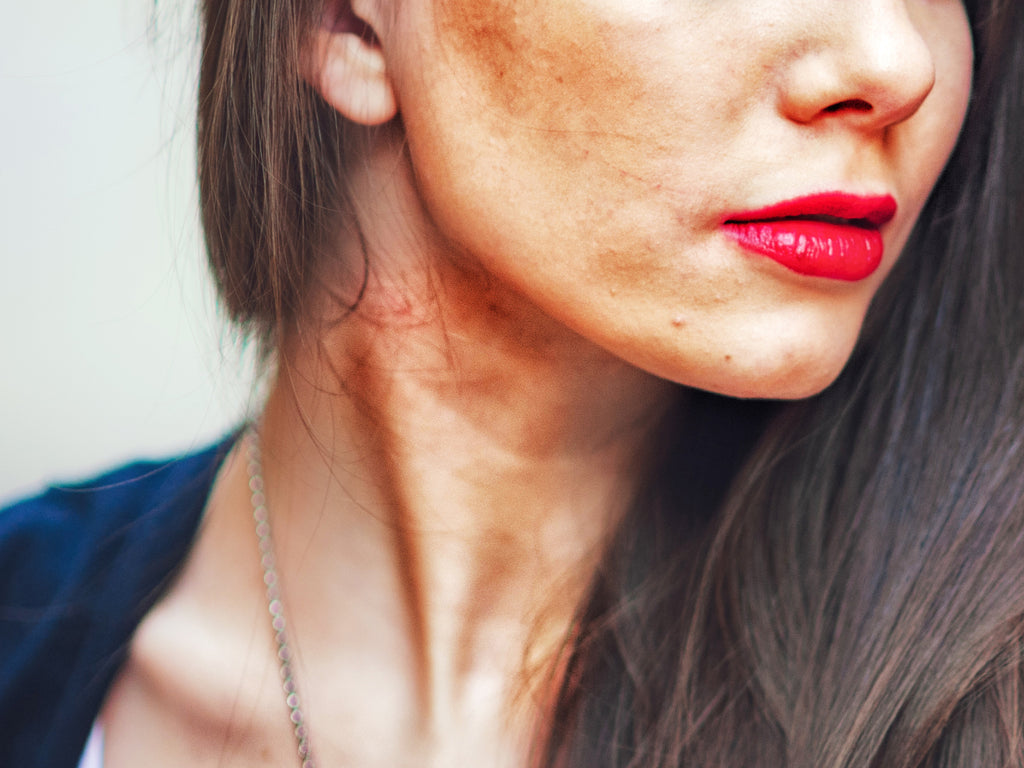Hyperpigmentation - the discolouration of skin - can fade away but how long it takes is a bit of a lottery.
Hyperpigmentation happens when melanin - the pigment that determines your skin colour and protects it from the sun - is released by cells deep in the skin. This can happen through injury or trauma (including from acne and eczema), sun exposure, hormonal changes, inflammation or damage from skin care procedures.
Over time, the appearance of the discolouration gradually lessens, as the skin heals and the melanin is absorbed into surrounding tissue. This can take from a few months (in the case of a minor trauma to the skin) to several years.
Some instances of hyperpigmentation hardly change at all, or will only fade to a certain point then stall.
How long hyperpigmentation takes to fade depends on three key things:
- The original cause of the discolouration
- How severe the trauma
- Your skin tone
- How you treat your skin
You may not have any control over the first three of those factors, but you can look after your skin in the best way possible, helping your body to heal itself.
So what can you do to help the process along? Here are three steps you could take to support the healing process.
1. Treatment
If you go to a doctor or dermatologist, they can prescribe creams, peels or laser treatment to help stimulate the skin into healing. These may or may not help much, and tend to be reserved for major or very visible areas of hyperpigmentation that are affecting your self-confidence. Not every instance of hyperpigmentation merits treatment, but if you're feeling that it's making your life difficult, do book to see an expert.
2. Protection
A second line of attack is to prevent the discolouration getting any worse. You’ll need a high factor sunscreen, wide-brimmed hats and long-sleeved clothes! Take sun damage seriously, whatever the colour of your skin, and make sure you're well protected.
3. Skincare regime
A good skincare regime can help past hyperpigmentation fade away, and can also make it less likely to occur in future! Keep skin well moisturised with non-irritant emollients and other toiletries. Add skincare rich in nourishing oils to your routine: hemp seed, borage, olive, calendula and safflower are all good sources of nutrients and essential fatty acids, but rosehip oil is one of the most effective natural oils to support the regeneration and repair of damaged skin.
Recommended products for skin affected by hyperpigmentation:
Balmonds Daily Moisturising Cream with chamomile & shea butter (from £13.99 for 100ml)
Balmonds Intensive Hand Cream with shea, hemp, calendula & seabuckthorn (from £10.99 for 50ml)
Balmonds Rosehip Scar Oil with rosehip, lavender & chamomile (£18.99 for 50ml)

